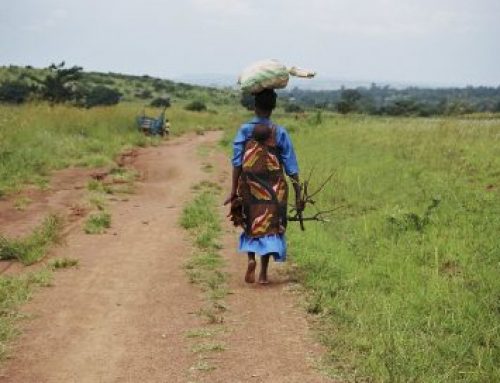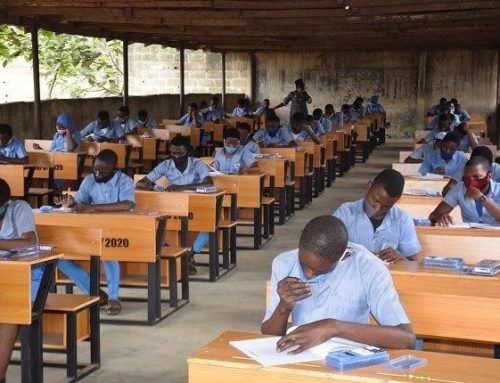Research question
This research project questions the efficacy and implications of the official strategy of digitisation of the land record and land mutation system as a way of addressing the endemic corruption in the enforcement of land rights. The aim of ‘e-mutations’ is to reduce corruption by addressing some of the asymmetric information disadvantage faced by ordinary citizens. However, we find that another important problem driving corruption is not asymmetric information at all but problems of conflicting claims that are possible given the ways in which land rights have been established and recorded in the past. Conflicts between the land title records and land mutation records, and between both and actual possession of land has meant that the underlying property rights are contestable as a result of inconsistencies in the documents. As a result, multiple people can establish partial rights over the same plot of land, leading to conflicts that are then addressed through processes that involve corruption. Digitisation does little to address this problem, and there is evidence that it can actually increase the costs facing citizens as they try to go through the paperwork necessary to establish their rights or contest rights claimed by others.
Project summary
The Government of Bangladesh is moving towards a fully digitized land management system. E-mutation (mutations being records of changes of title) was the first step of this ambition, where citizens can apply for mutation services online. Digitisation, while solving some administrative problems, can also create new challenges due to the plethora of informal mechanisms that exist in the system. Discrepancies in records in parallel systems of recording give rise to corruption at every stage of land transactions.
Our hypothesis is that the existing process of repeated opportunities for contesting rights is a response to the real problem where the underlying rights are often overlapping and do not clearly establish clear title. The policy implication that may emerge is that some of the conflicts that are currently informally resolved through the process of repeated contestation and corruption may actually have a function in creating opportunities for negotiation given the underlying lack of clarity in land rights. Our proposition is that it is necessary to understand the important drivers of these informal processes, and only then can a formal process be devised that addresses some of these underlying problems in a sustainable way that leads to improvements in equitable outcomes of contests over rights.
The Savar area near Dhaka was selected as our area for research. BIGD researchers have been conducting intensive field work since May 2019 and have collected 13 in-depth case studies to illustrate a variety of cases where there are different types of conflicts in the rights over land.
The project started in April 2019 and results are expected by June 2021.
Partner
BIGD- BRAC University







